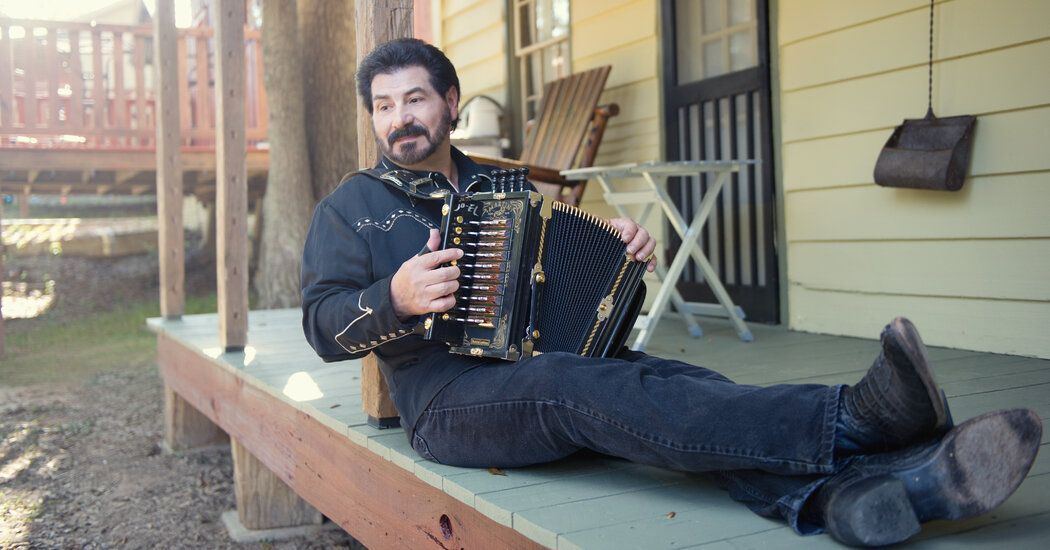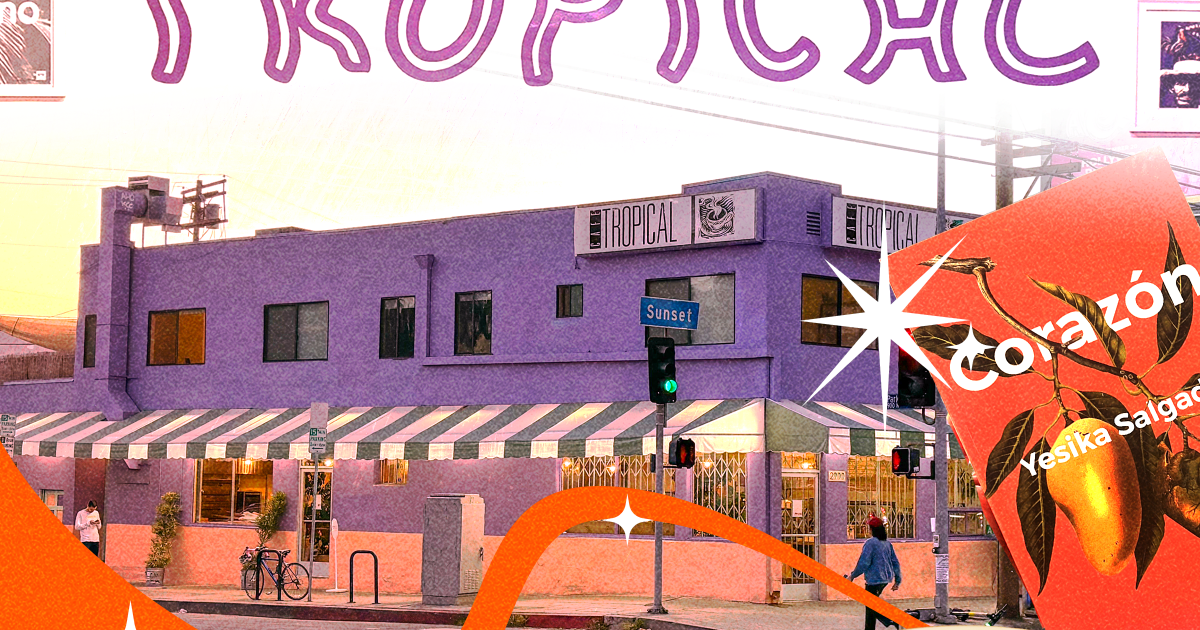“We were sharecroppers, we would get up very early and play for about 15 or 20 minutes, then we would cross the street and I would have a donut and he would have his coffee,” Sonnier recalled in the 88 Miles West interview. “We shared something very special and then he would take me to school.”
Sonnier spent much of the next two decades making a name for himself on the south Louisiana club circuit (at some point that name changed from Joel to Jo-El) before signing with the Nashville division of Mercury Records in 1975. Recordings made for Mercury barely made the Billboard country singles chart, but attracted the attention of Merle Haggard, who hired Mr. Sonnier to play in his touring band.
In 1980, Sonnier returned to his Cajun roots, as he would do from time to time throughout his career, releasing a critically acclaimed album for Rounder Records and then achieving major success in country circles with “Come On Joe.” .
Sonnier also appeared in several films directed by Peter Bogdanovich, including “Mask” (1985), in which he played a biker named Sunshine, and “The Thing Called Love” (1993), a film about country music, in which he played the same.
He is survived by his wife of more than 30 years, Bobbye (Weaver) Sonnier, and a son, Clayton.
From childhood, Sonnier was attuned to the potential for cross-pollination between Cajun and other forms of American roots music.
“I loved the quality of the sound,” he said in the 2009 interview, referring to the Louisiana music he had grown up with. “It took me to a special place as a child. Plus, I loved the Cajun flavor of the music. I saw that he brought joy and happiness to other people when he played, so I wanted to take it to a higher level by incorporating some Cajun, country, blues, rock and jazz.”












